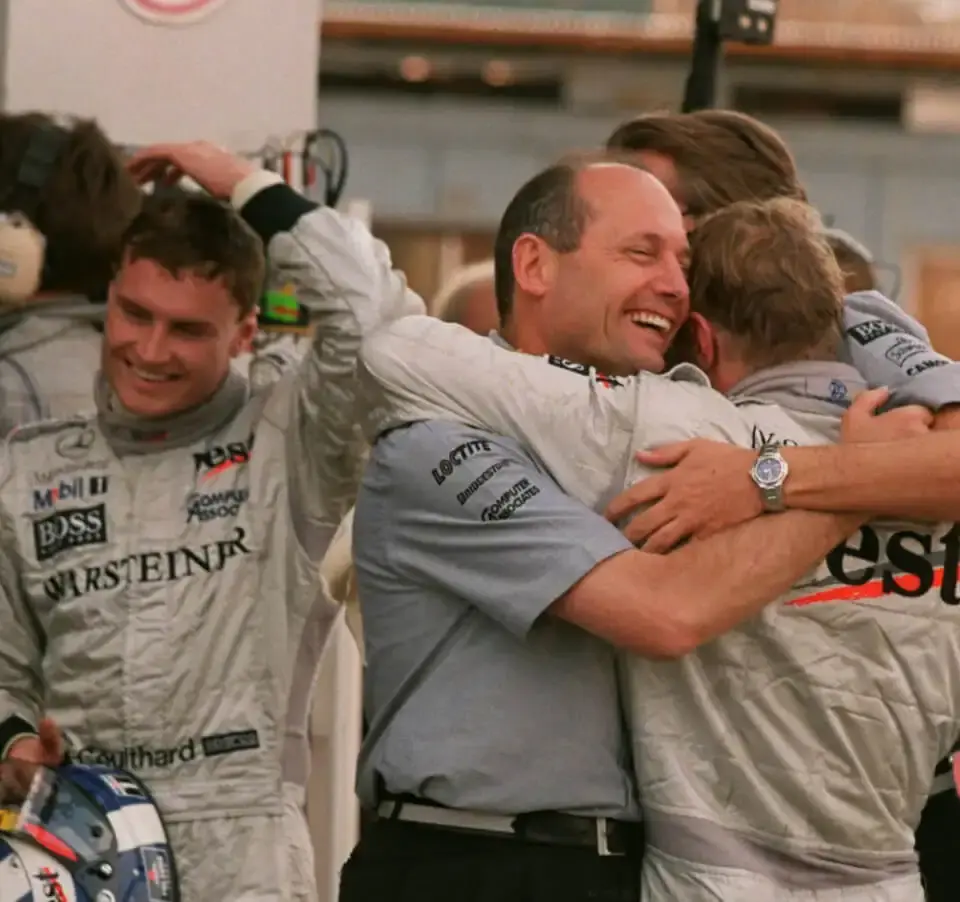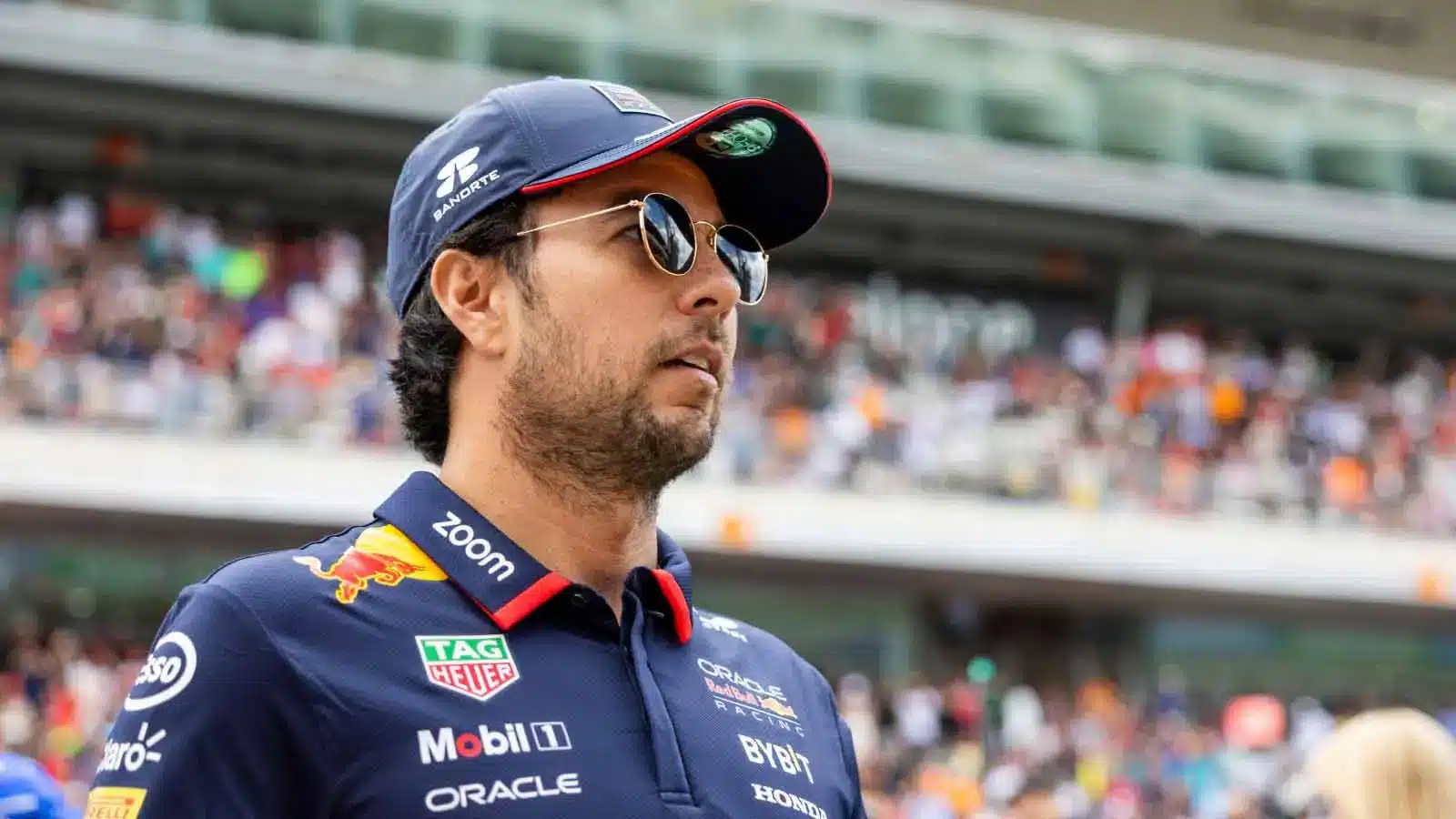Brace yourselves for a thrilling peek into the behind-the-scenes dynamics at McLaren, where team principal Ron Dennis finally admits his emotional bias.
- David Coulthard unveils the hidden emotional connection between Ron Dennis and Mika Hakkinen, shedding light on years of perceived favoritism.
- The story dates back to a terrifying crash in 1995 that shaped the team dynamics and Dennis’ feelings towards Hakkinen.
- Despite assurances of equal treatment, Coulthard long suspected Dennis’ favoritism until a candid conversation brought clarity.
- This revelation of Dennis’ paternal affection offers an understanding of the team principal’s complex relationships with his drivers.
David Coulthard, known for his straightforwardness, provides us with an eye-opening narrative about Ron Dennis and Mika Hakkinen. Coulthard shares how, through years of competing alongside Hakkinen at McLaren, he sensed a bias towards his teammate from their team boss, Ron Dennis. This perception of favoritism stemmed from a 1995 incident when Hakkinen suffered a devastating crash during the Australian Grand Prix. The incident left Hakkinen with a fractured skull, necessitating an emergency tracheotomy trackside and resulting in a temporary coma. Fortunately, he made a remarkable recovery and was back racing the following season.
Throughout their partnership at McLaren, Coulthard felt that Dennis had a distinct favoritism for Hakkinen. Although Coulthard noted that both received equal equipment and opportunities, he couldn’t shake the feeling of Dennis’ bias. After persistent inquiries and debates about this favoritism, Dennis eventually revealed the depth of his emotional connection to Hakkinen, which was rooted in the harrowing experience of almost losing him.
According to Coulthard, Dennis explained that the 1995 crash profoundly impacted him, and he developed paternal feelings towards Hakkinen, which lingered in the years that followed. Dennis recounted his experience visiting Hakkinen in the hospital, seeing him attached to life-support equipment, unsure if he would survive. This emotional ordeal explained Dennis’ seemingly preferential treatment, stemming from a place of fear and relief that he didn’t lose a driver under his watch.
Coulthard’s realization of Dennis’ emotional bias rather than mechanical favoritism changed his perspective. Instead of focusing on what he wasn’t receiving, Coulthard began to appreciate the genuine opportunities he had at McLaren—racing a competitive car, holding a good contract, and engaging in open conversations with team leadership. This understanding allowed him to shift his mindset and recognize the support he did receive.
Ultimately, Dennis’ confession brought a new level of transparency and understanding to the dynamics within McLaren.










